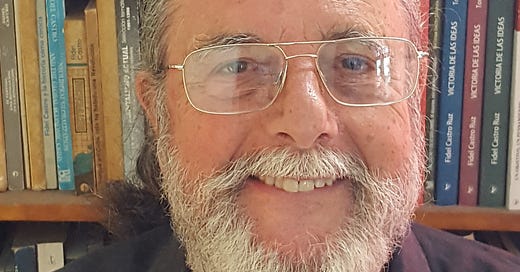Preface: An intellectual autobiography
Welcome to my editorial column, “Knowledge, ideology, and real socialism in our times,” which appears twice a week, Tuesdays and Fridays, posted at 10:00 am, Eastern (New York) time. The column provides commentaries on U.S. and world affairs from a Marxist-Leninist-Fidelist perspective, based in my experiences in Cuba.
This Preface to the column is an intellectual autobiography, designed to provide the reader with an understanding of the intellectual and experiential foundation of my ideas.
My revolutionary consciousness was initially awakened as an undergraduate student at Penn State in the late 1960s. Professor Brewster of the Political Science Department assigned the short book Peace in Vietnam, which showed the anti-colonial character of the Vietnamese nationalist movement, in which Ho Chi Minh had been one of the principal leaders since the 1930s; and it suggested that the creation of South Vietnam as a supposedly sovereign nation was in actuality a colonialist maneuver. I have …


